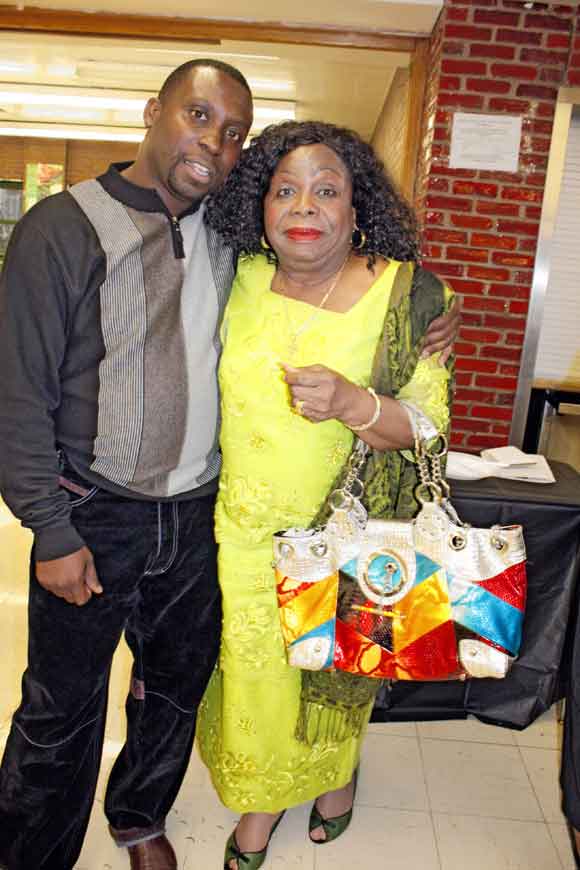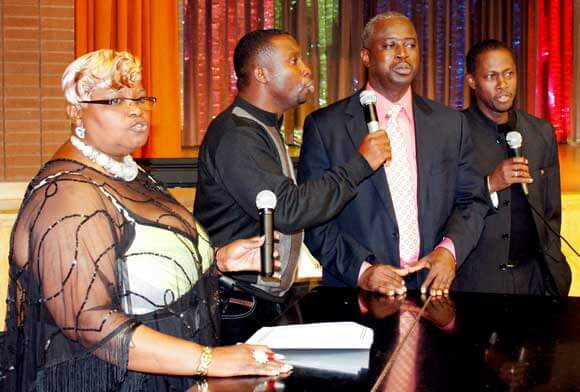The brainchild of J. Lystra Collis, congressional liaison to Congresswoman Yvette D. Clarke (D-NY), the commemoration of the 100th birthday of the late Dr. Eric Eustace Williams came to life in Brooklyn recently under the auspices of Trinidad and Tobago (T&T) Alliance NA, Inc.
Williams, who led the twin-island nation into Independence in 1962, served as its first prime minister and was heralded then and now as the “Father of the Nation.” At the Mahalia Jackson School in Brooklyn, New York, nationals and ex-patriots and friends gathered to remember their beloved leader who passed from this life in 1981.
Sterling Williams, president of the Trinidad & Tobago Alliance welcomed the audience in remembering “The Independent Republicanism of Dr. Eric Eustace Williams” and then turned the stage over to a wide variety of talented vocalists whose singing was of world-class caliber. Samuel Clarke, Esther Sebro, Curt Willis, Gerard Placide and Hilton Samuel who crooned “He Did It His Way” to Frank Sinatra’s “I Did It My Way,” left the audience appreciative of the tributes paid to their beloved leader. The Mildred Forde Dancers offered their well choreographed talents between vocal selections to the appreciative audience.
A reflection on William’s life and contribution was delivered by Jean Leon, retired SVP, Kings County Hospital Center, and Angela Cooper read an abbreviated version of his biography.
There were several people in the audience who had campaigned with and for the former twin-island republic revered the prime minister, including Ena Ryan who worked as a civil servant, remembers campaigning with George Chambers for Williams.
Chambers became the nation’s second prime minister. She recalls Williams encouraging them to travel to learn more of the world outside of Trinidad and Tobago. Rudolph Roberts, a retired corporal in the nation’s military and who worked security detail for the prime minister, said of Williams, “He was the greatest prime minister. He was generous and respectful to all.”
Roland Lashley who is 97 years old and worked as a technical officer in Works and Hydrolics recalls meeting Williams in the barber shop where they would “talk man-talk.” Participants remembered Williams for the declaration of “Massa Day Done,” for educational opportunities he provided them, his use of big words, and his penchant to turn off his hearing piece when he deemed people were talking nonsense.
Williams is known as one of the great leaders in the Caribbean (1960’s-1980’s)who championed self-governance for the island nations, integration among the peoples of Trinidad and Tobago, and whose work “Capitalism and Slavery” remains widely read by those seeking a different perspective on the trans-Atlantic slave trade that populated the Americas with Africans.

Photos by Donovan Gopie


























